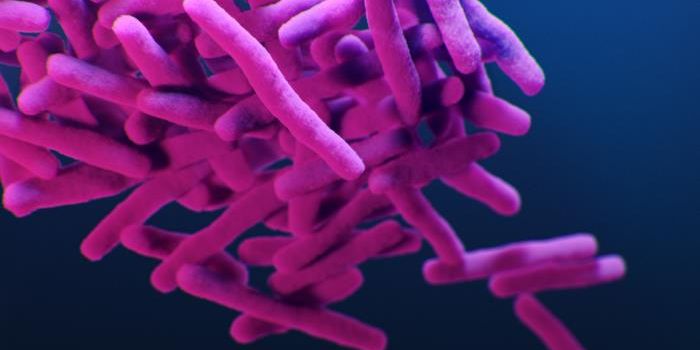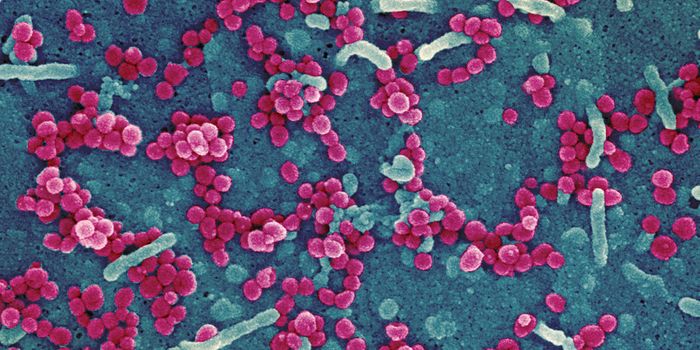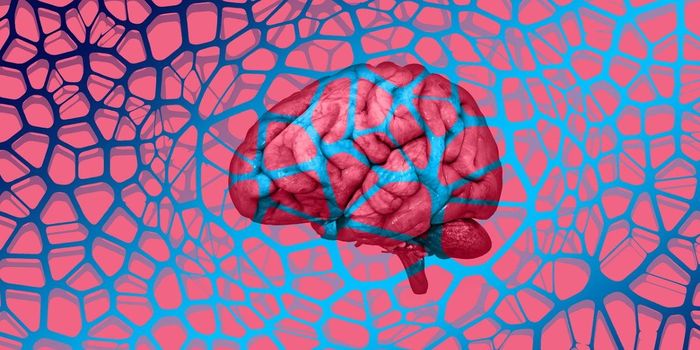Two Mutations are Implicated in Many Cancers & Offer Treatment Target
Scientists have linked roughly five percent of adult cancers to mutations in genes called FOCAD and TTC37. Another gene known as PELO is crucial to these cancers, and when the action of that gene is halted, the cancer cells die. PELO could serve as a target for drugs that fight cancer, while genetic testing can reveal individuals who carry cancers and FOCAD or TTC37 mutations, since they would benefit from drugs targeting PELO. The findings have been reported in Nature.
“These cancers are a huge unmet medical need, because we don’t have effective drugs for them,” said co-corresponding study Francisca Vazquez of the Broad Institute of MIT and Harvard. “Targeting synthetic lethalities is a good way to expand the repertoire of tumors we’re able to treat.”
In this study, the researchers wanted to target a group of cancers including some that affect the brain, bladder, esophagus, lungs, and pancreas. They started with data from DepMap, which has been looking for genetic susceptibilities in cancer by knocking down genes with CRISPR.
The investigators found that cells that carried low levels of the 9p21.3 sequence were also killed if PELO was removed. Deletions that happened in the FOCAD gene caused the cells to become reliant on PELO. Another gene that was dependent on PELO when mutated was TTC37.
This research has suggested that patients who carry genetic deletions in FOCAD, or in TTC37, might benefit from drugs that aim for PELO.
Ribosomes are organelles that help generate proteins. Normally, PELO encodes for a protein that gets ribosomes going if they stall out while producing proteins. The proteins encoded by FOCAD and TTC37 help to stabilize an assembly that can also remove RNA from ribosomes that are stalled.
Cells appear to compensate for problems with FOCAD and TTC37 by turning to PELO. However, if PELO is not available, protein production is halted in that cell, and the cell will die. This would be a great thing in the case of cancer cells.
The researchers want to learn more about the function of PELO, and how much it has to be disrupted for a therapeutic effect. There may also be other genes that become dependent on PELO, which could broaden the application of a drug that disrupts it.
Sources: Broad Institute, Nature









